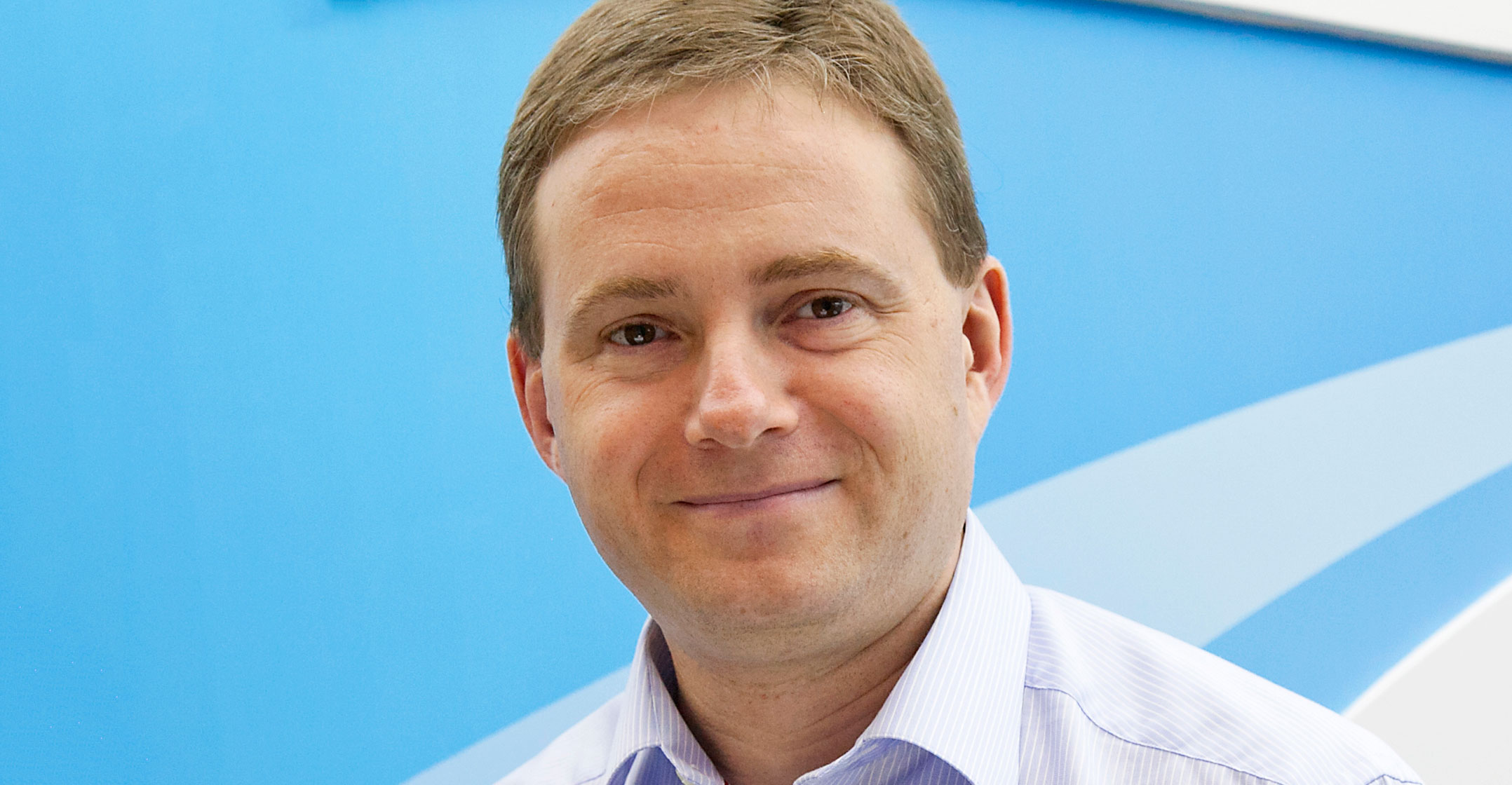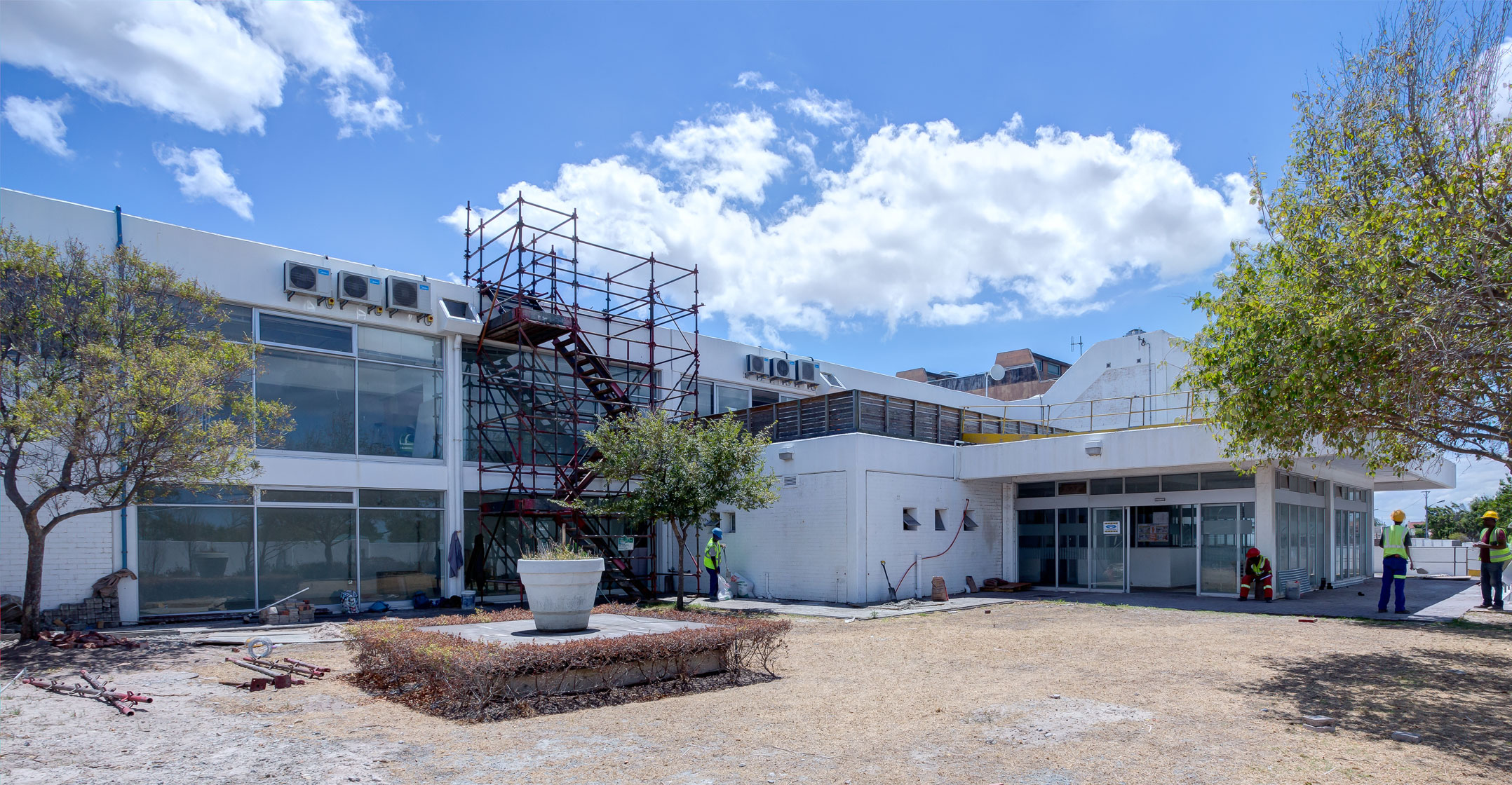
Econet Group-owned Liquid Telecom has pumped more than R1bn into dramatically expanding its data centre facilities in Johannesburg and Cape Town as demand for cloud computing server space, including from international cloud providers, continues to grow.
The newly expanded Johannesburg facility was unveiled at an event at Liquid Telecom’s head office in Midrand on Tuesday evening. Liquid Telecom CEO Nic Rudnick said in an interview with TechCentral on the sidelines of the launch event that the group has invested R1.3bn in the additional capacity.
The launch comes a year after Liquid Telecom acquired Neotel in a R6.5bn deal from India’s Tata Communications and other shareholders.
The expanded data centres are “carrier neutral” and don’t carry Liquid Telecom’s branding. Rather, they are simply called South Africa Data Centre (SADC) Johannesburg and SADC Cape Town. This is deliberate, to tell the market that the facilities are genuinely independent of Liquid Telecom, said Angus Hay, who is head of SADC. Liquid must procure services from SADC in the same way as any other client and will not receive preferential treatment, Hay said.
Rudnick said the data centres will host major international cloud providers. The company emphasised that it doesn’t comment on clients, but unconfirmed market talk is that software giant Microsoft is using at least one of the Liquid data centres to launch Azure cloud services in South Africa. Microsoft announced last year that it would build two Azure data centres locally. They are expected to go live in the coming months. Rival Amazon Web Services has also expressed an interest in building local data centres.
“We’ve had a very busy 12 months since the acquisition of Neotel was finalised,” Rudnick told TechCentral. “You’ll recall that we started with the rebranding of the company to Liquid Telecom Neotel. It’s now been completely rebranded to Liquid Telecom. We’ve been putting a lot of effort and investment into the network. Some of the customer dissatisfaction we had a year ago is now gone. We still have a way to go, though.”
Cloud services
The company has made big investments in its network and data centres, Rudnick said. “On the data centres alone, we have invested over R1.3bn in the last 12 months. For the first time, a lot of the cloud providers will be hosted here in Africa. Until now, if you wanted to access cloud services, you’ve been accessing a data centre in Ireland or Europe or the US. They’ve never been hosted here in Africa. This means huge improvements in quality and latency for all the cloud services we’re using and the ones we are yet to use.”
Liquid Telecom also has a data centre facility in Nairobi, which it acquired as part of its deal to buy Kenya Data Networks from Altech. That facility is also being upgraded.
Meanwhile, the group is pushing ahead with a project to build a submarine cable system along Africa’s east coast. The cable, called Liquid Sea, is “progressing slowly” given the complexity around building such systems, Rudnick said, but will go ahead.

“Sea cables are complicated and expensive businesses and there are lots of approvals needed,” he said. “If you look at the various sea cables that have been put in to date, they all take many years to get off the ground. We have a team that is focused on it and they are methodically working on it.
“We have got the point (where we are ready to) contract marine surveys, but we haven’t finalised it because we are still in negotiations with certain governments about finalising the exact route of the cable.”
Data centres
The expanded South African data centres have more than doubled the size of Liquid Telecom’s existing facilities.
Following completion of the first phase of expansion, SADC Johannesburg now offers over 3 000sq m of secured space for servers served through a total power capacity of 7MW, while SADC Cape Town provides 1 800sq m of secured rack space with 5.5MW of power.
Further stages of expansion are planned for SADC Johannesburg and SADC Cape Town as Africa Data Centres, the Liquid Telecom company that owns them, aims to increase space at the facilities by five-fold over the next five years.
The expanded facilities currently host about 100 customers, including global, regional and local telecommunications operators, Internet service providers, cloud service providers and large enterprises.
Connected by the fibre routes of many major telecoms carriers, the facilities also host Internet exchanges independently operated by INX-ZA. Through a partnership with INX-ZA, the Johannesburg Internet Exchange, also known as Jinx, has been expanded to SADC Johannesburg, while the Cape Town Internet Exchange, or Cinx, has been extended to SADC Cape Town, enabling connected members in any site to peer with members in other data centres.
Africa Data Centres is also expanding its tier-3 East Africa Data Centre in Nairobi, which houses 2 000sq m of secured space for data servers over four floors. — © 2018 NewsCentral Media




